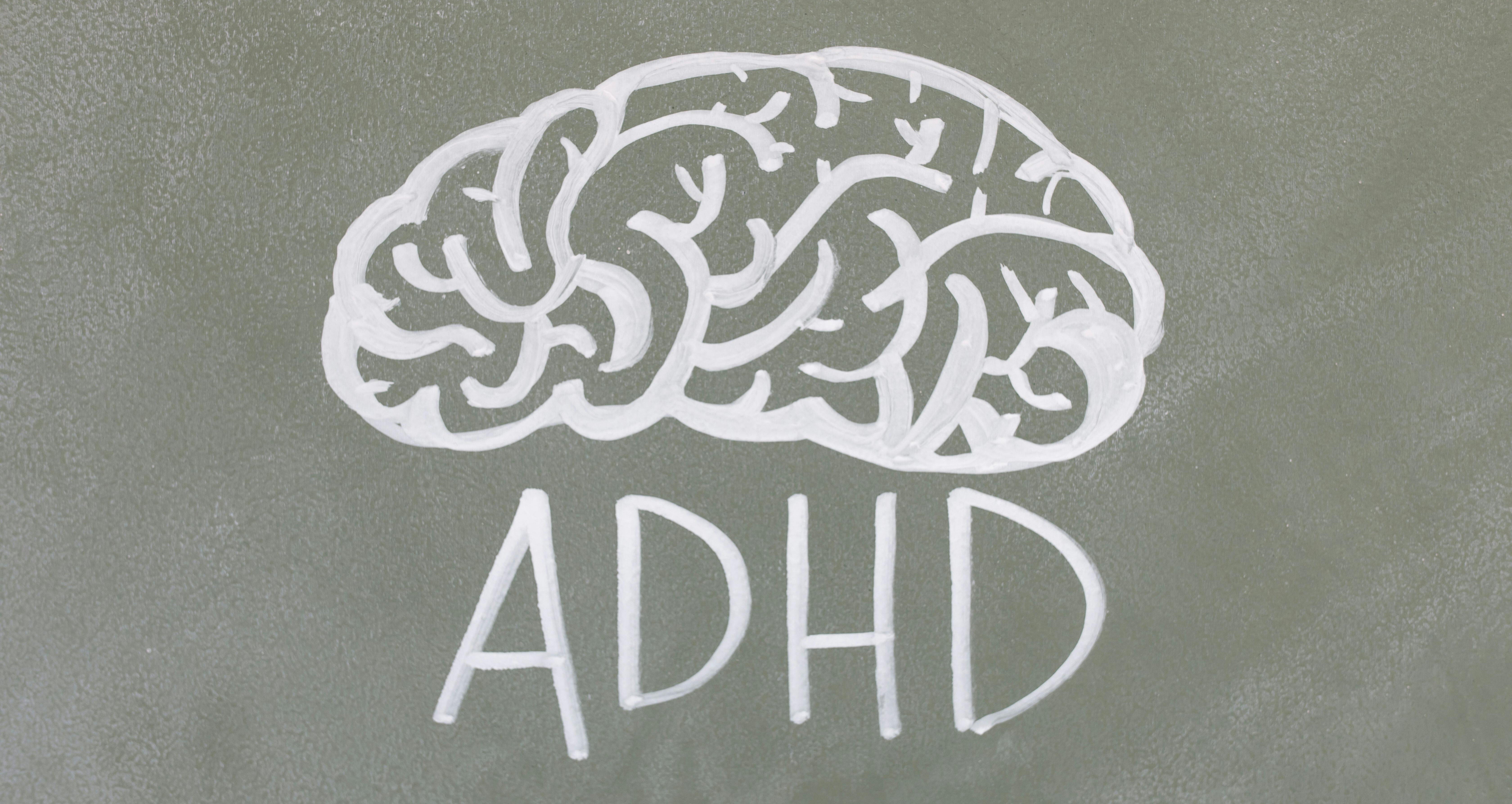What Living with Bipolar Depression Really Feels Like

Bipolar disorder is often portrayed in movies and media as extreme energy bursts, impulsive decisions, or erratic behavior. What you rarely see is the crushing depression that follows. For people living with bipolar I or II disorder, depressive episodes are not just bad days. They are consuming periods of sadness, exhaustion, and hopelessness that can last for weeks or even months.
This kind of depression isn’t just about feeling “down.” It’s about feeling nothing. It’s about wondering how you’ll make it through another day, when even getting out of bed feels impossible.
The Silent Struggle Behind the Smile
Imagine having to explain that your silence isn’t rudeness. That your canceled plans aren’t because you don’t care. That your tears come from nowhere, and your laughter sometimes feels like a mask.
Bipolar depression affects people differently, but some of the most common and painful symptoms include:
-
Overwhelming sadness or emotional numbness
-
Difficulty focusing, making decisions, or remembering things
-
Loss of interest in things you used to enjoy
-
Constant fatigue, even after sleep
-
Feeling like a burden to others
-
A deep sense of guilt or worthlessness
-
Thoughts of self-harm or suicide
Everyday tasks like cooking, working, or even replying to a text can become emotionally draining. Some people isolate themselves because they fear judgment. Others push through the motions of daily life while silently struggling inside.
More Than a Mood Swing
It’s important to understand that bipolar depression isn’t just a mood swing. It is a medical condition that alters how your brain functions, how you experience the world, and how you respond to stress, relationships, and responsibilities.
What makes it more complicated is the cycle. After a depressive episode, some people swing into periods of mania or hypomania. These highs can feel good at first, but they are often followed by destructive behavior, shame, and a crash back into depression.
Many individuals with bipolar disorder spend far more time in the depressive phase than in manic states. And the hardest part? Most people don’t talk about it, which leads to feelings of loneliness and misunderstanding.
When Treatment Isn’t Enough
The truth is, many people with bipolar disorder struggle to find relief. While there are medications and therapies available, they don’t work for everyone. It can take years to find the right combination of treatments. And during that time, people continue to suffer.
Maybe you've already tried a few different medications. Maybe you've dealt with side effects, or felt like the medication helped a little but not enough. Or maybe you've been told to "wait it out" or "stay positive," as if this illness is something you can think your way out of.
If this sounds familiar, you're not alone. And you deserve more options.
A New Research Study May Offer Hope
Researchers are now studying a new investigational medication, ABBV-932, designed specifically for people who are currently experiencing a depressive episode associated with bipolar I or II disorder.
This clinical trial is evaluating whether ABBV-932 can safely and effectively help improve depressive symptoms in adults between the ages of 18 and 65. The study is being conducted at various locations and is overseen by experienced medical professionals who will guide participants every step of the way.
Qualified participants will receive all study-related care at no cost and may also be compensated for their time and travel.
Why This Matters
Participating in a clinical research study like this is not only about exploring a potential new option for yourself. It is also about helping others. Every person who joins contributes valuable insights that can lead to better treatments for the future.
Depression should never be faced alone. If you’ve been living with bipolar depression and feel like nothing has helped, this study could be an opportunity to try something new.
Learn More About This Study
If you or someone you love has been diagnosed with bipolar I or II disorder and is currently struggling with a depressive episode, take a few moments to see if this study is a fit.
You don’t have to keep waiting for things to get better. Research is moving forward. And you can be a part of it.
[👉 Tap here to see if you or someone you love may qualify]


.png)